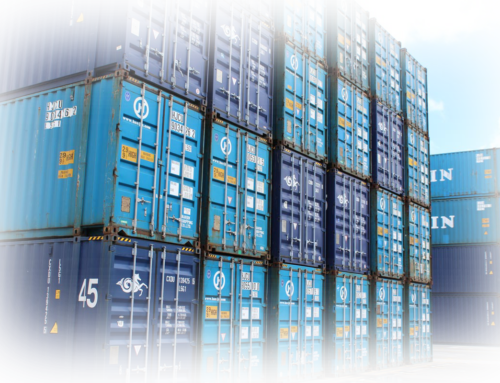The German government has recently decided that toll for trucks (LKW Maut) in Germany will be extended to all main roads as from mid-2018. This measure should compensate for nearly € 2 billion per year.
The Minister of Transport of Germany, Alexander Dobrindt, who initiated the new toll has been able to succeed his new tax implementation. The federal government has approved his proposal for all lorries exceeding 7.5 tons on 40.000 km of German secondary roads (Bundesstrassen) to pay a kilometer charge starting July 1st, 2018. Momentarily the truck toll is only applicable at 13.000 kilometers of highways and 2.300 kms on main roads with 2×2 lanes. Through this expansion also the number of vehicles required to pay toll will increases by 130,000 units.
Today, LKW Maut average income per year is estimated at € 4.5 billion but additional investments will be required for maintenance and new constructions of the German highways. The main roads are partly managed by regional Federal States (Länder) and part of the profits will also be returned to them, which is not the case today.
Heavy vehicles
By the end of 2017 there will be an survey on whether the toll will be further extended to all goods vehicles over 3.5 tons. German Minister Dobrindt’s SPD colleague was firmly against it as he was afraid that small businesses would be affected by the new tax raise.
Only two years
The LKW Maut in Germany is a satellite-based system likewise the toll in Belgium. This makes it relatively easy for all roads in the tolling to be recorded, but the system itself could be changed in the future.
Preparations for the technical extension will most probably be entrusted to “Toll Collect”, the current managing company of the LKW Maut program. Their contract is under renewal by the end of August 2018. The system should be fully customized so that it would be most practical for the trucking companies. However, the time to prepare for the necessary changes is very limited: only two years


